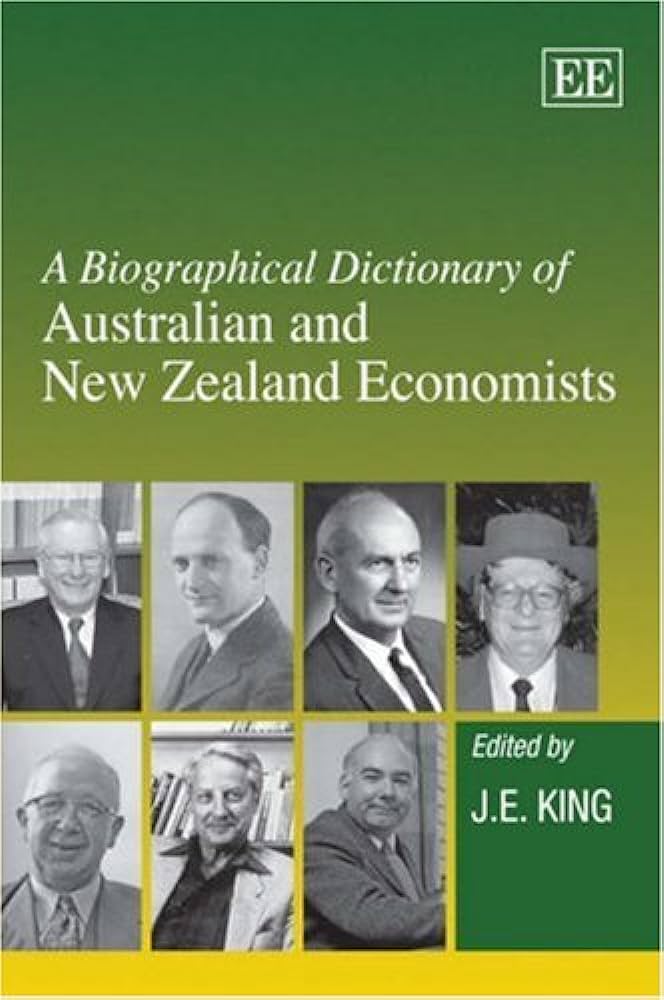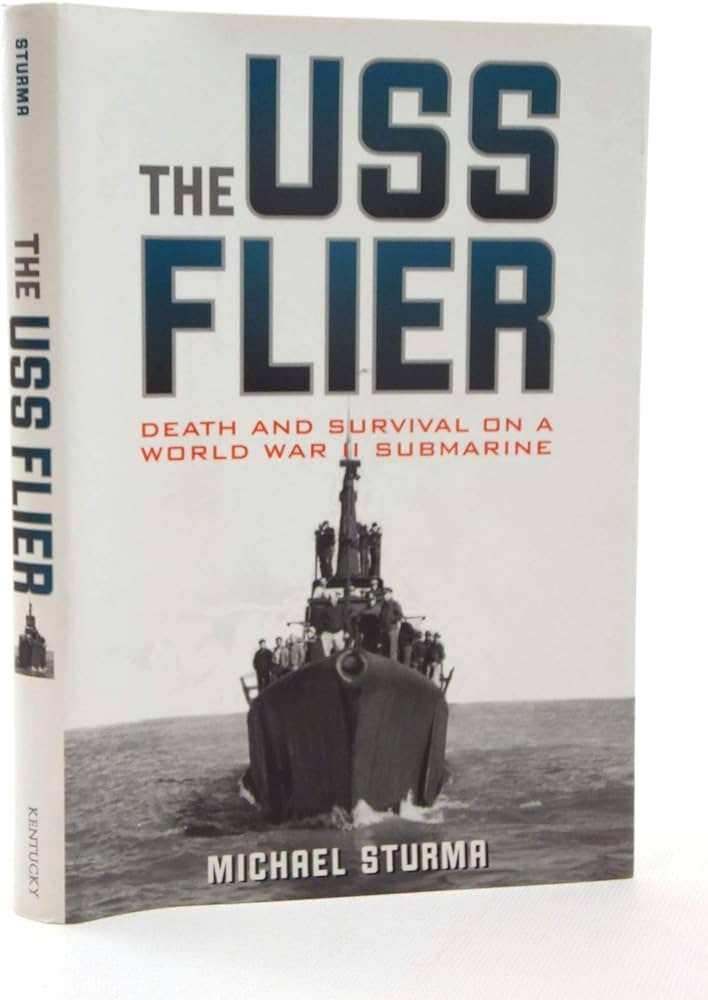History
Selling Sex: A hidden history of prostitution by Raelene Frances
Selling Sex provides a comprehensive history of prostitution in Australia. In 342 pages, Raelene Frances (currently Dean of Arts at Monash University) describes the changing nature of sex work in Australian society from the colonial period to the present day. Frances’s text is brilliantly researched and provides many important insights for readers interested in Australian history and culture, as well as the history of sex and gender.
... (read more)A Biographical Dictionary of Australian and New Zealand Economists edited by J. E. King
In all intellectual disciplines there is a tendency to run in herds. It is the line of least resistance; it offers personal and professional rewards; and sometimes the herd, if capably led, is impressive in the way it rushes so quickly in the appropriate direction. The herd is often correct; but when it is on a stampede, is does not easily change course. This is a biographical dictionary of those Australian and New Zealand economists who often led – or opposed – the herd.
... (read more)Reflecting the nineteenth-century obsession with death and the afterlife, thousands of British men and women turned to spiritualism and psychical research. This was, in part, a consequence of many educated people's unease with orthodox religion. From crowded public halls to private drawing rooms, practitioners were present during putative ‘messages’ from the dead, rapped out on tables, walls and floors, scribbled on slates and, occasionally, expressed in garbled song. Tennyson wrote, ‘the veil / is rending and the Voices of the day / Are heard across the Voices of the dark’.
... (read more)The USS Flier: Death and survival on a world war II submarine by Michael Sturma
My first emotions in a seagoing submarine were a mixture of fear and exaltation. I was a seventeen-year-old cadet-midshipman ‘sea riding’ in HMAS Oxley as it prepared to fire the first Mark 48 guided torpedo acquired by the Royal Australian Navy from the United States near thirty years ago. When the boat submerged off Sydney heads and we proceeded beyond a depth of six hundred feet, I assumed the strange noises I could hear and the weird sensations I felt were a familiar part of submarine life. While I had complete faith in the very experienced commanding officer, I realised that any catastrophic accident would probably result in the deaths of all seventy-two souls on board.
... (read more)Readers of this review will likely know of this book as a result of the howls of outrage reported in the media at the beginning of December concerning Max Hastings’s claims about Australian performance in the fighting in 1945. It is not fair to judge a long and complex book on the basis of a single, ten-page chapter, but since that is the section of the book that has attracted attention in this part of the world, it seems best to deal with it first before moving on to the rest of Hastings’s lengthy and detailed account of the final year of the war against Japan.
... (read more)Australian Pastoral: The making of a white landscape by Jeannette Hoorn
First impressions are unfavourable. The cover is ugly, and too cute: human-headed sheep, male and female, wait motionless for a drought to end while wearing prime ministerial bush-visit hats. We have read Frank Campbell’s rebuke in the Australian: the author Jeanette Hoorn did not know a fox’s tail from a dingo’s. Inside, however, there is a cheering profusion of illustrations, placed in unusually reader-friendly closeness to the relevant discussion, and they include a feast of the best Australian paintings. There are some interesting sources in English eighteenth-century art and, much less familiar, some parallels in German fascist art.
... (read more)Long hair flowing around his face, he grasps his sword firmly in one hand, the regimental banner held high in the other as he strides purposefully onto the bridge, leading his men to victory. It is one of the most familiar portraits of Napoleon Bonaparte, immortalised by the painter Antoine-Jean Gros: an image of courage, of leadership, of calm determination. And it is not quite what happened. The attack on the bridge at Arcola was a dismal failure and ended in an ignominious withdrawal, in the course of which the diminutive Bonaparte fell into a ditch and nearly drowned. It was hardly the stuff of heroic legend.
... (read more)Ochre And Rust: Artefacts and encounters on Australian frontiers by Philip Jones
Behind Philip Jones’s Ochre and Rust: Artefacts and encounters on Australian frontiers are many books about the interaction of settlers and indigenes. Writers relevant to this book include the museum curator Aldo Massola (writing in the 1960s and 1970s) and retired archaeologist John Mulvaney (writing in the 1980s and 1990s). Massola brought out objects and archival material from the Museum of Victoria, writing their stories for a tourist or localhistory readership. He was a pioneer whose work is no less valuable for presenting an undifferentiated mix of hearsay, intuition, document, object, science and human observation. Although he rarely named his sources, they exist for most, if not all, of what he said so lightly.
... (read more)The Australians: Insiders and outsiders on the national character since 1770 edited by John Hirst
Back in 1981, Richard White, in his seminal study Inventing Australia, dubbed the Australian concern with defining national identity ‘a national obsession’. It was a time when ‘the new nationalism’ associated with John Gorton and Gough Whitlam had reignited debate about anthems, flags and the paraphernalia of nationhood. The converse of this fixation has been the recurrent fear that the ‘cultural cringe’ has still not been laid to rest.
... (read more)Peter Doherty, an Australian biomedical researcher, won the Nobel Prize for Physiology or Medicine in 1996 and accordingly has substantial credibility among members of the international scientific community. This book, however, has been carefully crafted for a more general audience, and might well be enjoyed while sitting (hatted and sunscreened) on a beach. The blurb suggests that the contents provide an entertaining, albeit informative, account of the ways in which natural resources such as air, water and hydrocarbons have been harnessed by human ingenuity. But Doherty has a more serious intent, which he deliberately takes time to unfold. The subtext to his light-hearted explanations of how candles, light bulbs and refrigerators work, and how we use a variety of fuels to heat, cool and light our lives, is that this planet is running out of non-renewable energy sources. He suggests that we need to use brainpower and research to find alternatives sooner, not later, if we are to ensure the survival of our children.
... (read more)










